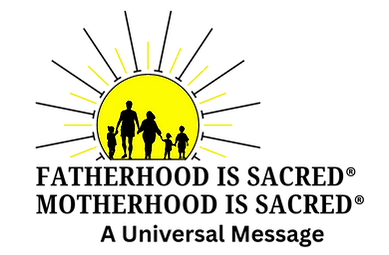Preventing Human Trafficking
- Jan 10, 2020
- 2 min read
January is Prevention of Human Trafficking month. NAFFA joins with others to raise awareness in communities for those who might be forced or coerced into a life they would not want. Human trafficking is the illegal transportation of people for the purpose of forced labor, sexual slavery or commercial sexual exploitation.
This prevention begins in the home when individuals should feel safe or connected to family or a community. Many family members experience hardships and do not feel welcome. They start to look for validation elsewhere and turn to external influences to establish their self-worth. One of the most terrifying trends in recent years is the increase of not only trafficking of adults but also child trafficking.
“Traffickers” look for people who are susceptible for a variety of reasons, including psychological or emotional vulnerability, economic hardship, lack of social safety nets, natural disasters or political instability.

The trauma caused by traffickers can be so great that many caught in this nightmare do not identify themselves as victims or ask for help. Even those in highly public settings can be caught in this horrible ordeal as we have heard over the last few years of women in the entertainment world.
According to the International Labor Organization, there are approximately 40 million human trafficking victims worldwide. From Freedom United, seventy-one percent of modern slavery victims are women and girls. A part of this trafficking also includes Missing and Murdered Indigenous People.
So how can we help to prevent human trafficking? There are several websites we can read to learn more about how we can prevent trafficking. One of those websites is safehorizon.org.
According to safehorizen.org, “Human trafficking victims are often hidden in plain sight. Some signs of trafficking maybe be more obvious than others. If you are forced to live in the same place as they work, without running water, electricity or heat, sharing with many other people in a small space then you are living in a trafficking situation.
Are you not allowed to talk with anyone, especially the police or anyone in authority and have been coached with prepared and practiced answers? Is someone keeping your documents away from you? Then you are living in a trafficking situation.
Many times, those in other countries outside the United States are tricked into labor trafficking to help support their families. Parents can make a positive difference in the lives of their children when they assure their children they are loved and accepted. Even through difficult times, families can find solutions to their challenges by supporting each other and taking the time to build up family members in love and acceptance.





Comments